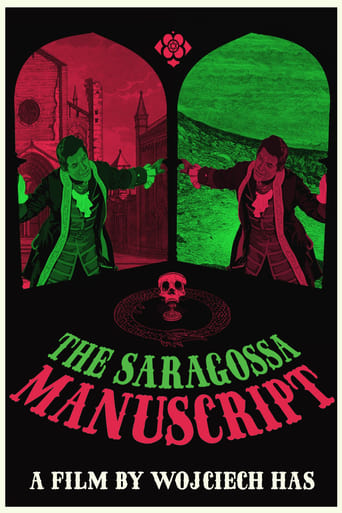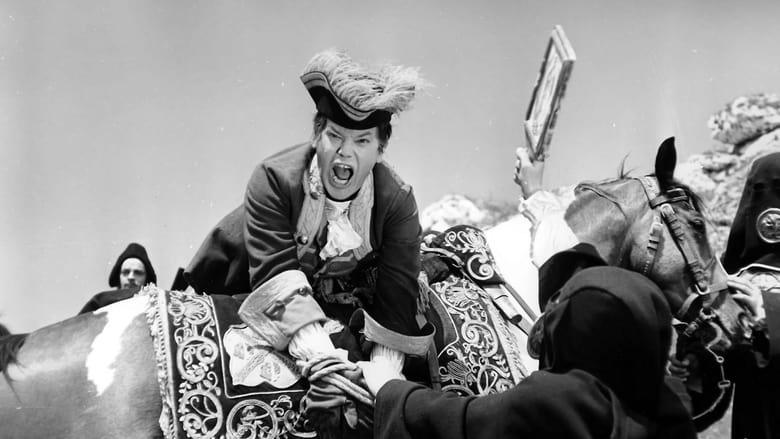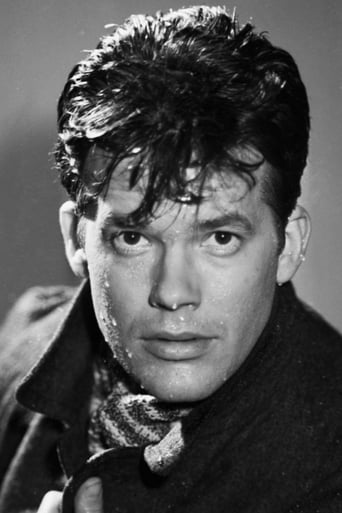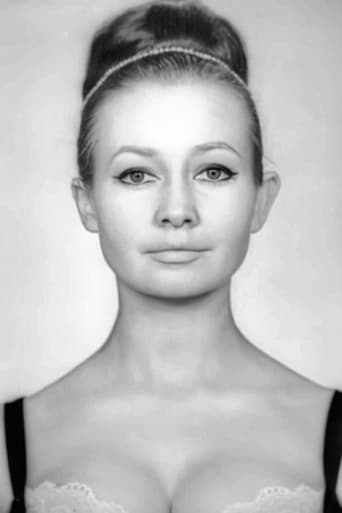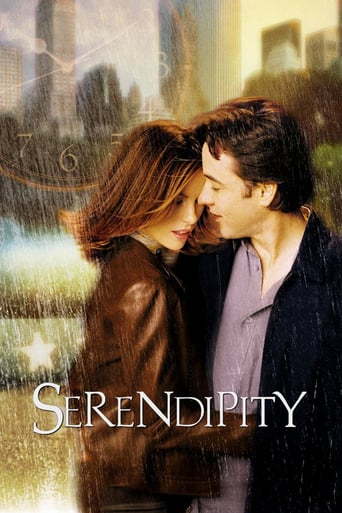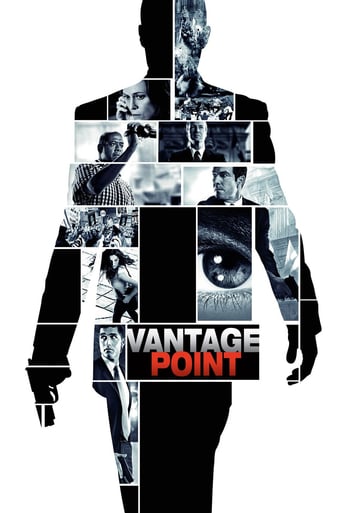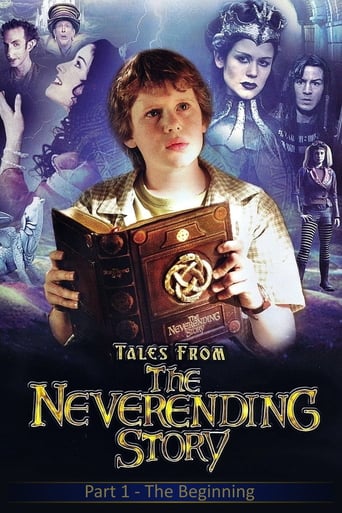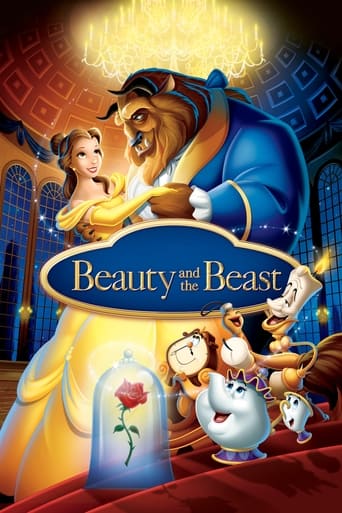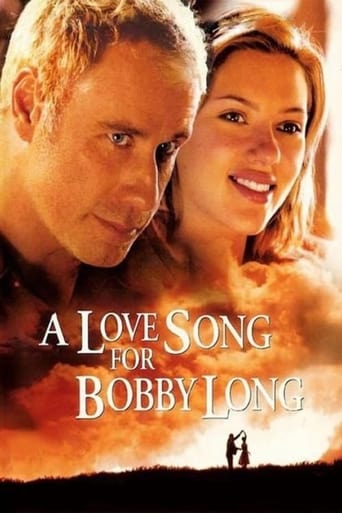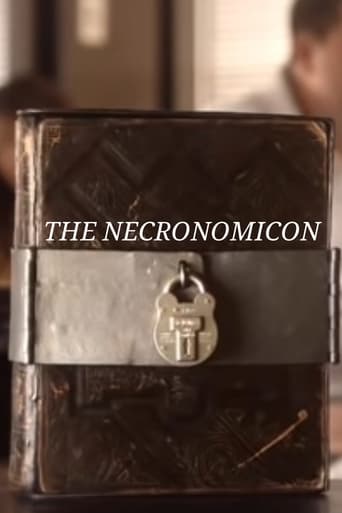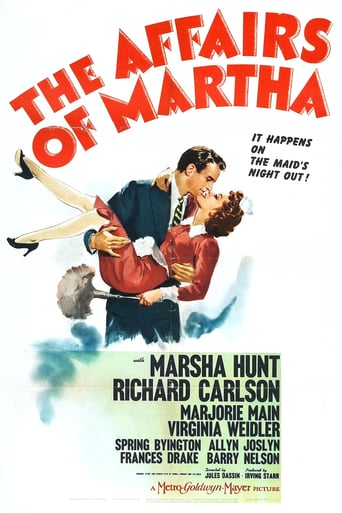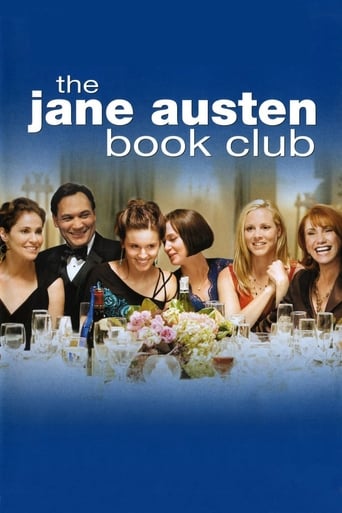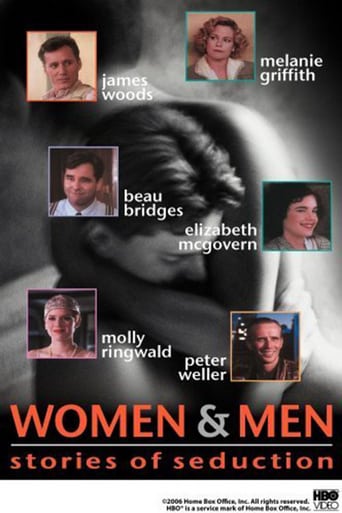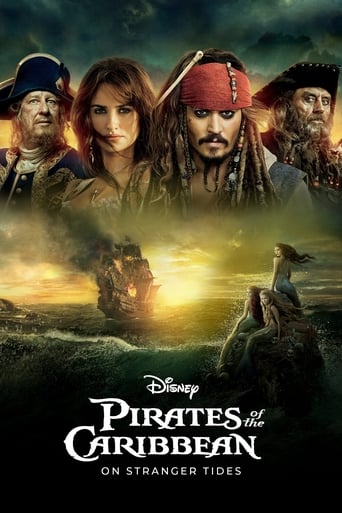The Saragossa Manuscript (1965)
During the Napoleonic wars, a Spanish officer and an opposing officer find a book written by the former's grandfather.
Watch Trailer
Free Trial Channels
Cast


Similar titles
Reviews
Instead, you get a movie that's enjoyable enough, but leaves you feeling like it could have been much, much more.
The performances transcend the film's tropes, grounding it in characters that feel more complete than this subgenre often produces.
I really wanted to like this movie. I feel terribly cynical trashing it, and that's why I'm giving it a middling 5. Actually, I'm giving it a 5 because there were some superb performances.
A film with more than the usual spoiler issues. Talking about it in any detail feels akin to handing you a gift-wrapped present and saying, "I hope you like it -- It's a thriller about a diabolical secret experiment."
Anticipating Pasolini's TRILOGY OF LIFE, Polish tastemaker Wojciech Has's THE SARAGOSSA MANUSCRIPT is an enterprising matryoshka-structured miscellany of tales, affirmatively tackling Jan Potocki's 1815 novel THE MANUSCRIPT FOUND IN SARAGOSSA, after a succinct frame story set in the town of Saragossa during, the rest of the narrative jumps 100-years back to the 18th Century Spain, where our token protagonist Alfonso van Worden (Cybulski), the captain in the Walloon Guard, fetches up in a haunted inn where he meets two beautiful girls Emina (Czyzewska) and Zibelda (Jedryka), who claim that they are his cousins and both will marry him with alacrity if he converts to Islam. But the next day, Alfonso wakes up in the gallows and the girls have vanished, he encounters sundry characters hereafter, a hermit priest (Opalinski) trying to cure a possessed one-eyed man Pacheco (Pieczka), who has had his own mishap with two beauties, a team of inquisitors, a posse of gangsters (whose leaders appear to be resurrected from the gallows), and recounts stories of his duel-avid father (Lindner). Only when he meets a cabalist Don Pedro Uzeda (Pawlikwoski), the locale changes to the latter's castle, where additional characters are introduced including a great raconteur Don Avadoro (Niemczyk), from his tale, the film segues into a labyrinthine tale-within-a-tale-within-a-tale-and-so-on pattern, which requires keen attention to keep tabs on who is who, during a catenation of (mis)-adventures among noblemen. Whereas each snippet is garnished with ample ridicule and a beguiling naivety, for want of a tie-in with a contemporary viewer's more level-headed receptacle due to its removed time-line and sketchy caricature, acquired taste is prerequisite to savor its foolery and follies, not to mention the cast's theatrical acting style doesn't quite help to split the difference between its frivolous fodder and an indiscriminate process of assimilation required to its spectatorship. Laden with numinous symbols and memento mori, skulls (a skull goblet is a salient prop), gallows, cadavers, etc., Wojciech Has' expressively dreamed up saga blithely oozes with a mythic allure that would well keeps a more high-brow audience hooked, it proffers an array of religious, ethnic, occult inclusion (cabalism, Muslim, Islam, Romany), and its awe-inspring monochromatic cinematography, elaborate period costumes and settings, plus a rhapsodic symphonic score, either of them alone is worth allotting 3-hour of our lives to revel in its grandeur, if, either mysticism or romp is your cuppa.
This could have been one of the all time great films, and maybe the best adaptation ever, but for me it failed, and because the idea of the book would work so well in film its failure, for me, makes it even more disappointing. For the book was not perfect, though great, the book suffered from using a technique which does not hold very well with the written word, the coarse editing and stop start endless descriptions of time and place disrupt any sense of poetry/flow and thus dull its overall purpose, making it very clinical in tone. However, these techniques, which fail with words, are exactly what make films flow and turn them into poetry, and this film flowed beautifully and effortlessly between scenes, leaving the core of the story unblemished and indeed enhanced by the sudden changes. Where as the book was heavy this film was light. But unfortunately instead of continuing the string of stories into a deep maze (like the book) it merely took a handful of the best bits, reworked the narrative and completely changed the ending, leaving a very weak and simple film behind (completely unlike the book).If this had the guts to be several hours longer, take a lot more of the book and follow its narrative then it would of completely solved the flaws of the book and out done it in every respect. So on the one hand you have a book which technically fails but in ambition succeeds and on the other hand a film which technically could of succeeded but fails in ambition. This book, for me, was a film before film, but its film version lacked guts: jan potocki asked his readers to devote many evenings to reading his book, unfortunately the makers of this film didn't have the confidence to demand more than a few hours from its viewers. Such a shame.on a side note the score is excellent, and very humorous, but like the film, and maybe because of the film, wasn't taken to any great depths. i would of loved to of seen the Velasquez story followed and heard Penderecki's scoring to the Saraband scene 'forget science and reason all you need do my son is learn to dance the Saraband'. ohwell.
I saw this one on TV many years ago and I was captivated! In the second change I had, I recored it on video and when my cassete was destroyed, I made a hopeless search in the internet, only to find that soon I could buy it on DVD. And I did. I just can't get away from this masterpiece of cinematography. Based on a book, clearly inspired from the 1001 nights, telling a story inside a story, inside a story (I love this), with a lot of Jorge Louis Borges magic I guess, celebrates the true joy of cinema, where nothing is more important that watch the film itself! The story is incredible, but just, doesn't matter! All I want with this one, is to see it again and again, not trying to understand the dark parts of it, or the connections between the stories, or to find my way out of the labyrinth that is build around you as you continue more inside its plot, but just to loose myself in it, be a part of it, and not wish to get out.Not for everyone, but probably a great choice if you don't like Chuck Norris too much!
Although I usually try to avoid very long movies, I was glad I took the time to watch this one. Based on Jan Potocki's marvelous, somewhat `enlightened Gothic novel', this is another congenial literary adaptation of Director Wojciech Has; it's a shame this is the only one of his movies easily available. The film tells of a young soldier traveling through Spain and meeting a lot of strange characters that all have their own stories to relate. Of course, the series of interlocked stories-within-stories may appear complicated, but there is always the opportunity to just lean back and enjoy the story being told right now; or to look at the diagram in the great DVD Edition to make things clear. And surely there doesn't seem to be a central thread if you don't watch the end of the movie. (How useful would a review of, say `The usual Suspects' be, if you didn't watch the ending?) And, by the way, there are a lot more stories and framing devices in the novel It's no wonder that (Danger! Pretentious name-dropping ahead) this is one of Luis Bunuel's favorite movies, the structure of some of his later films, especially `The Milky Way' and `The Discreet Charm of the Bourgeoisie' bear a lot of resemblance. And there's a scene in `Monty Python's Life of Brian', in which the Pasheko Character reappears. (It's too close to be a coincidence.) To cut a long story short: If you prefer films with a straight forward narration; this one's obviously not for you. But if you're open minded and like to see a highly original, imaginative epic, try it.

